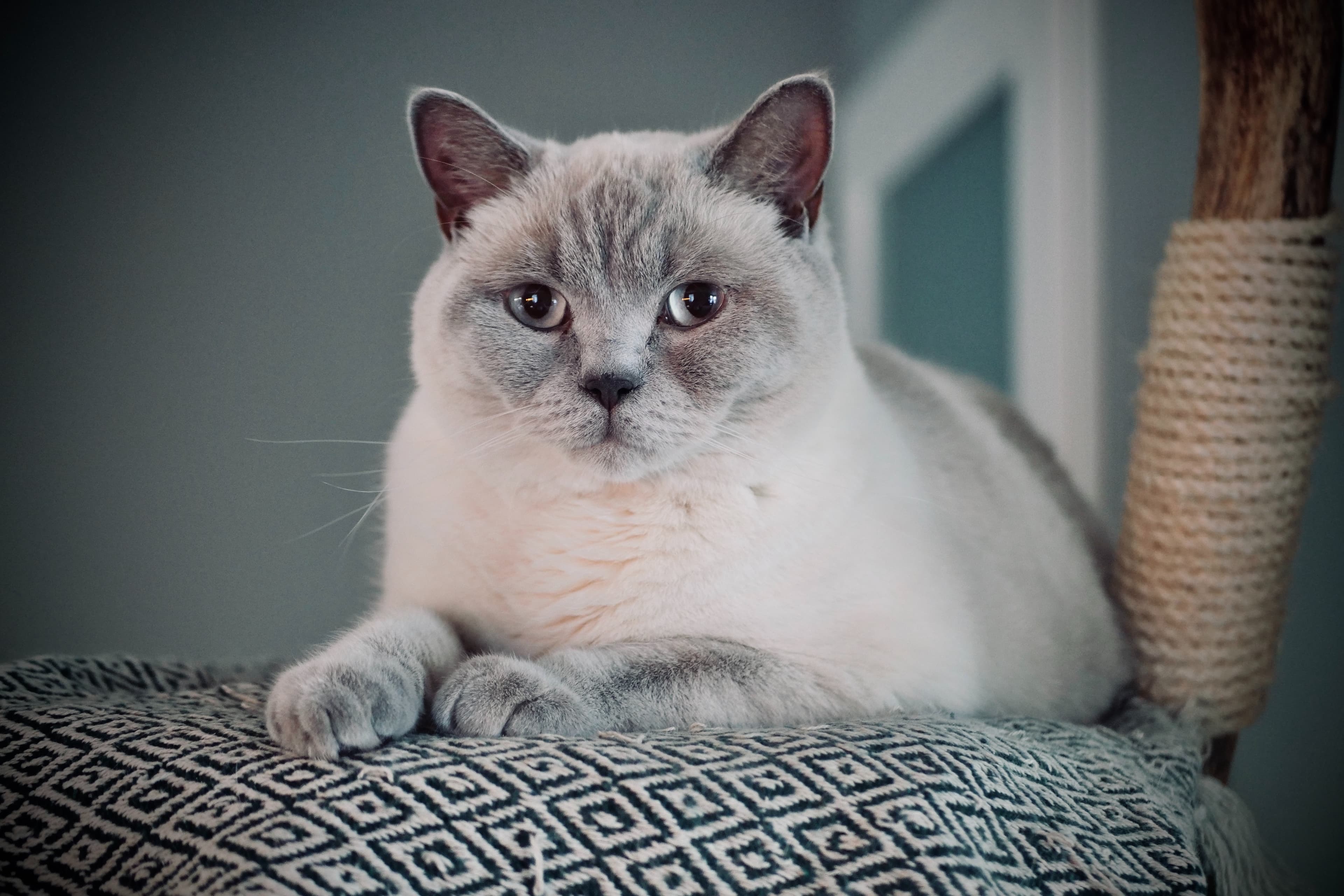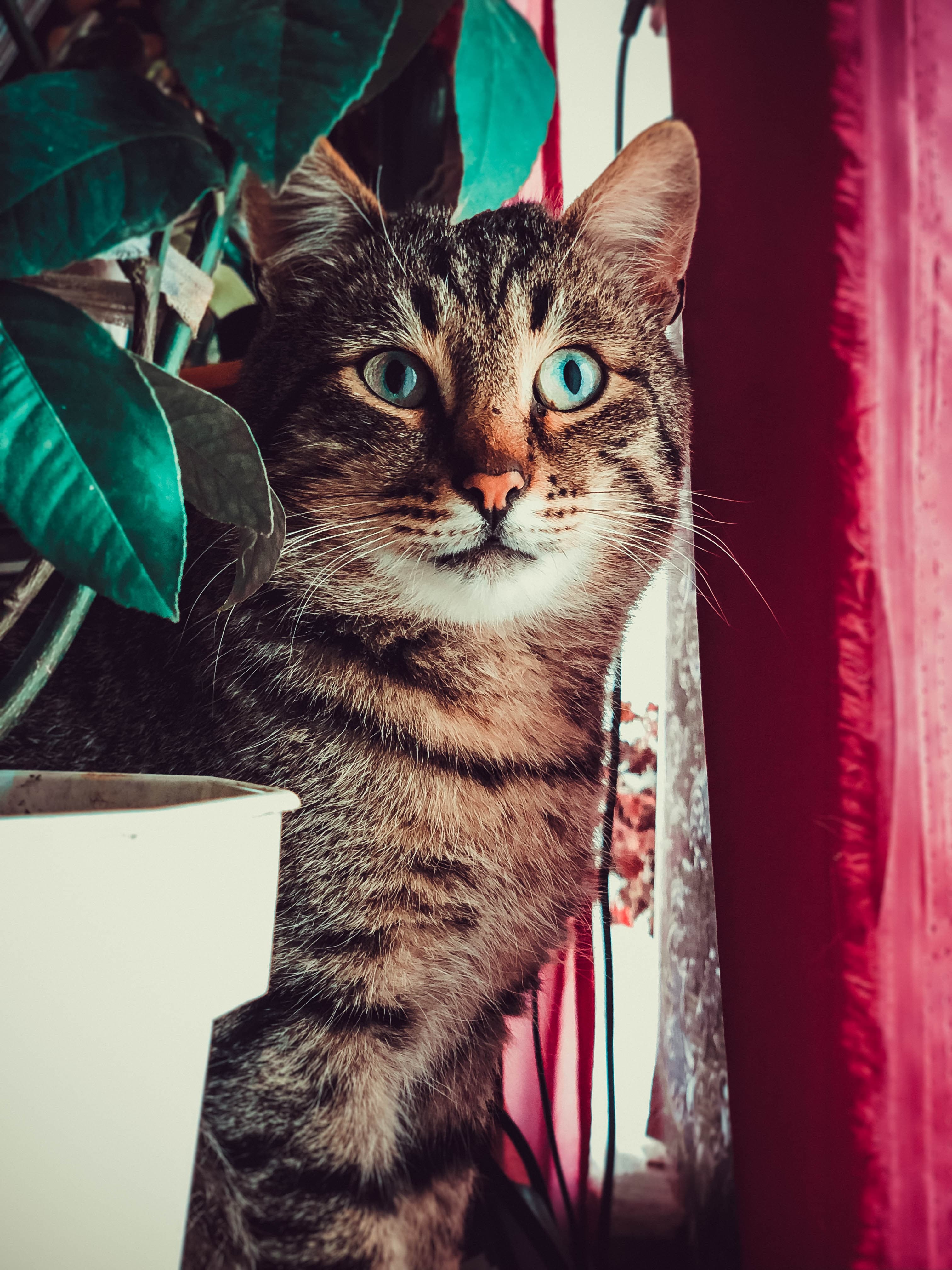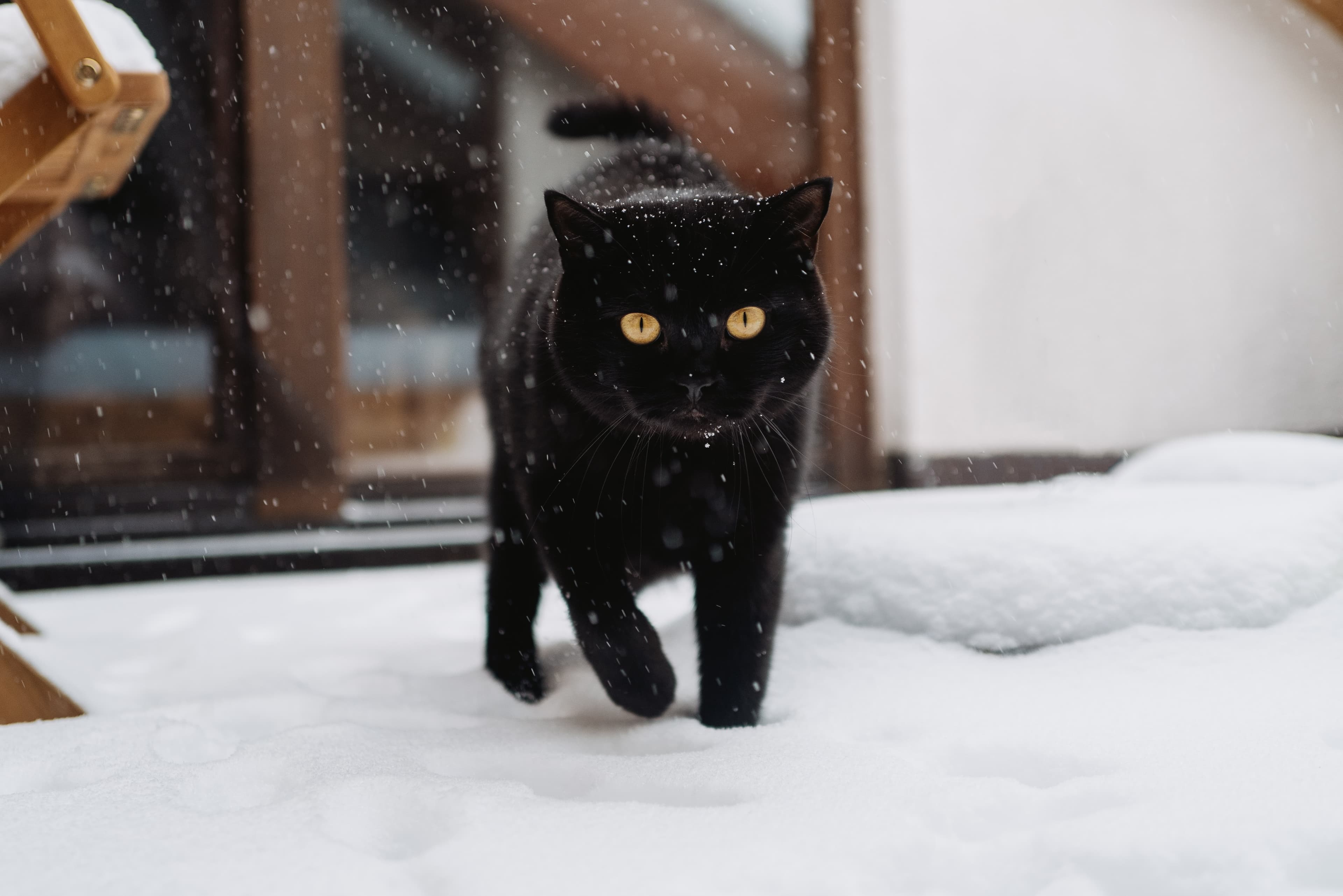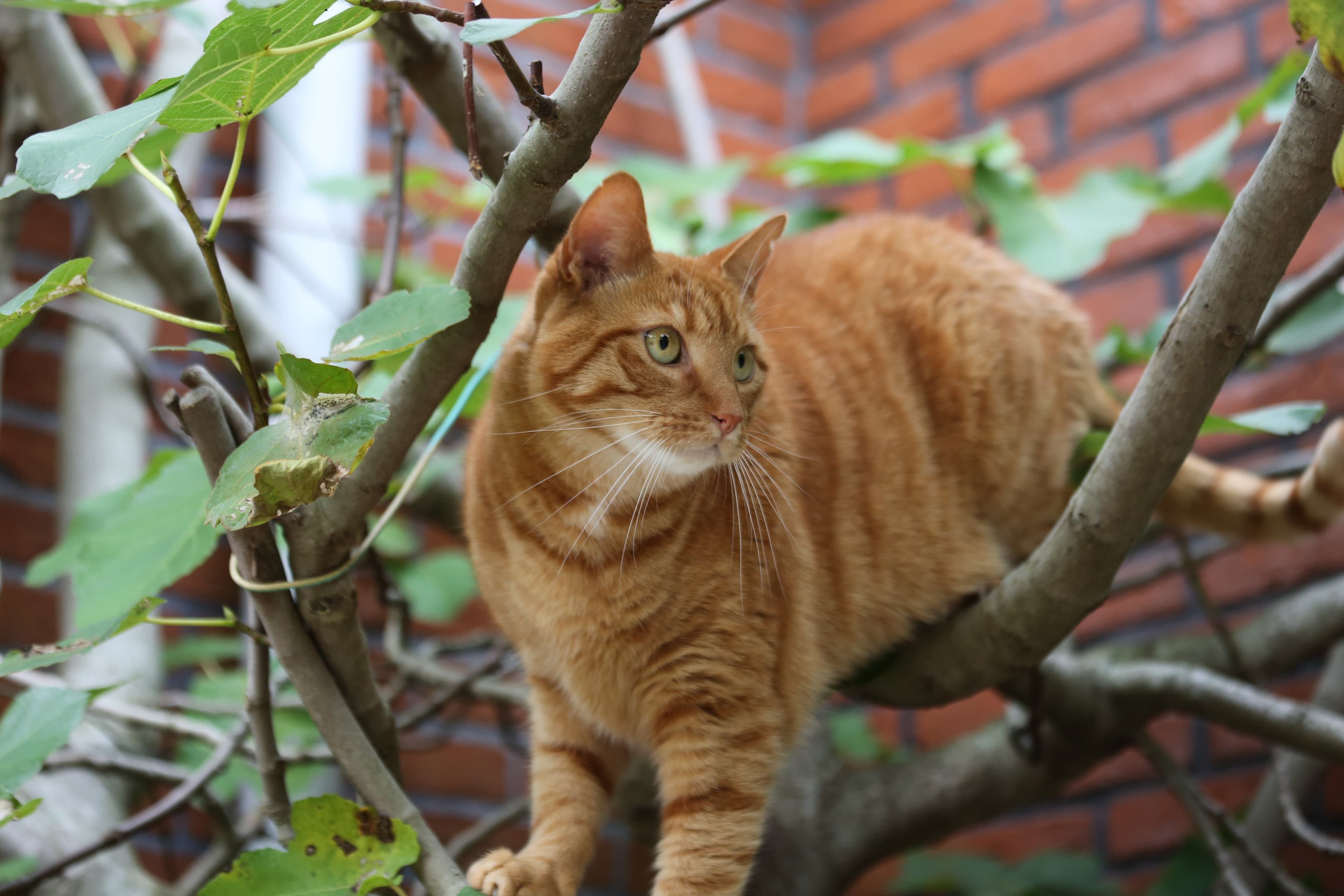Itching in cats: when to worry
Itching in cats
As we've just mentioned, it's very common, and perfectly normal, for a cat to both wash and scratch from time to time. The reason cats behave in this way isn't just because these movements are how they keep themselves clean. Scratching helps to relieve discomfort or irritation, just as we humans do when we have an itch.
Washing and scratching can seem like the same behaviour because a cat can also relieve discomfort with its rough tongue. So, while a cat might lick its fur to groom, it can also be scratching in this way. A cat may also scratch with its paws, for example, if its ears are itchy. Sometimes, itchy cats will lick their fur off – this is always abnormal and should be checked by a vet.
When does scratching and washing become a problem?
If your cat's scratching or washing seems normal, there's usually nothing to worry about. All cats do this as part of their natural behaviour. However, if you notice your cat is licking or washing more often, or more intensely, than usual, this could indicate a problem.
Potential causes for excessive scratching
So what might this intense and consistent scratching or licking mean? In the vast majority of cases, one of three factors will cause the cat to feel the need to scratch more than usual: parasitic infections, skin problems, and allergies.
Parasites in cats
As unpleasant as it sounds, cats can suffer from parasitic infections. This can happen if they're bitten by a parasite or contract a disease from one. Sometimes, the cat might react not to an infection, but simply to the presence of a parasite on its body. Fleas and flea bites are a common example. If your cat is sensitive to them, they might experience discomfort from the bite itself, or just from the flea's presence. Mites and scabies are also common causes of intense itching.
Skin problems
It's also common for a cat's intense itching to be caused by a skin problem. Examples include fungal infections (like ringworm), acne, or a lack of moisture leading to dry skin. Skin problems often show up as red spots, sores, dryness, or flaky skin. Alternatively, your cat might be scratching or licking excessively because dirt or debris has become trapped. For instance, if thorns, straws, or seeds get stuck in their fur or on their skin, the cat will try hard to remove them.
Allergies
Another common reason for cats scratching more than usual is allergies. If an allergy causes skin or coat problems, this can lead to discomfort that the cat will try to relieve by scratching.
Allergies are usually caused by one of the following: food, fleas, or environmental allergens. If your cat happens to be particularly sensitive or allergic to something in these categories, it can upset their system and lead to itching.
How can I help my cat?
If you find your cat is itching or licking excessively, it could be a sign of a parasite, a skin problem, or an allergy. Whatever the cause, if the problem seems ongoing, we'd always recommend visiting the vet. Remember, scratching, licking, and grooming are also part of your cat's natural behaviour and a way to relieve discomfort. So, it doesn't always mean something is wrong. You know your cat best!
Remember, as a Lassie insurance customer, you can always contact our digital vet for advice directly in our app.






